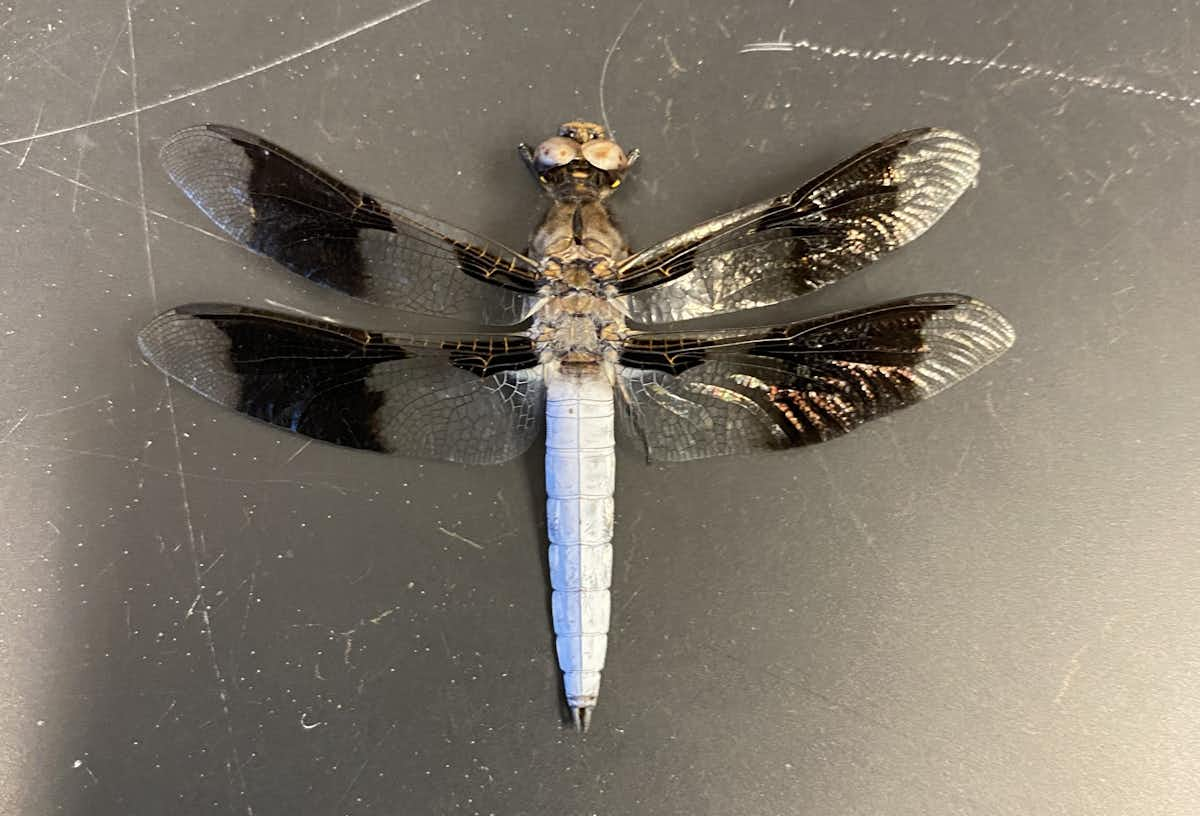Animals on Earth are constantly evolving, but many animals are struggling to keep up with the drastic changes in the climate. Although the animals are evolving to have genes that are better suited for the new environments, many animals are not able to reproduce fast enough. From a study of 19 different bird and mammal species all have one factor that determines how well the future generations will thrive. Some animals take years to reach maturity and produce offspring, and by that time the genes that helped it survive will not be as beneficial to its offspring.
In another research, it was tested how well the fast life cycle animals could adapt to increasing temperatures. Both small fish and copepods were able to thrive and adapt for the first few temperature increases. After a certain temperature, genetic mutations in the populations occurred at a very slow rate compared to how fast the temperatures were increasing. The population could not adapt to the environment due to not having enough genetic mutations to keep up with the temperature.
Although some species are able to keep up with the climate change, the species may still be endangered. When a genetic mutation occurs, not every individual in the next generation will have it. When the mutation is as important as surviving climate change, the individuals without the trait will not survive to produce viable offspring. This reduces the number in the population and inbreeding will occur. Even a reverse mutation may occur, where the trait for better survivability in climate change would be reverted back to what it was before.
The rate that mutations must occur for the species to adapt is extremely high. I believe that even though many species are currently adapting to climate change, they cannot continue at such a high rate. This could put many animal species to become endangered or extinct. With the number in populations decreasing, it encourages inbreeding. Inbreeding would lead to less genetic diversity in the population and decrease the chances of the population being able to continue adapting.
Sources:

No comments:
Post a Comment